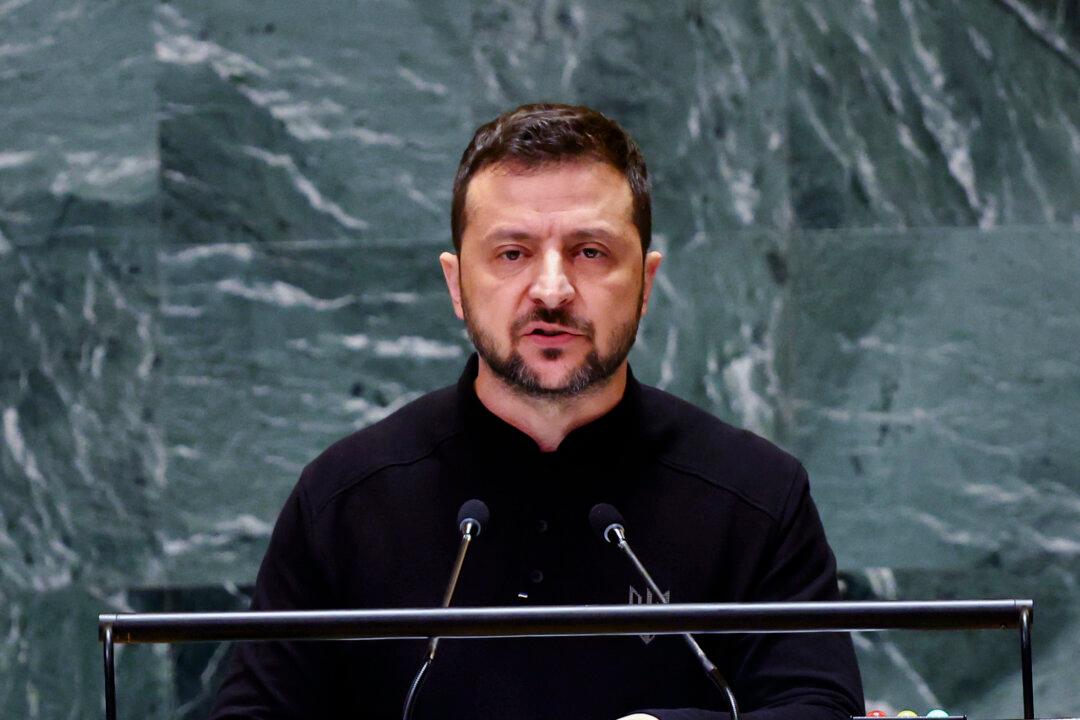Kyiv would consider entering peace talks with Russia if the latter refrains from striking Ukrainian energy infrastructure and cargo shipping, President Volodymyr Zelenskyy said this week.
“When it comes to energy and freedom of navigation, getting a result on these points would be a signal that Russia may be ready to end the war,” Zelenskyy told the Financial Times on Oct. 21.





